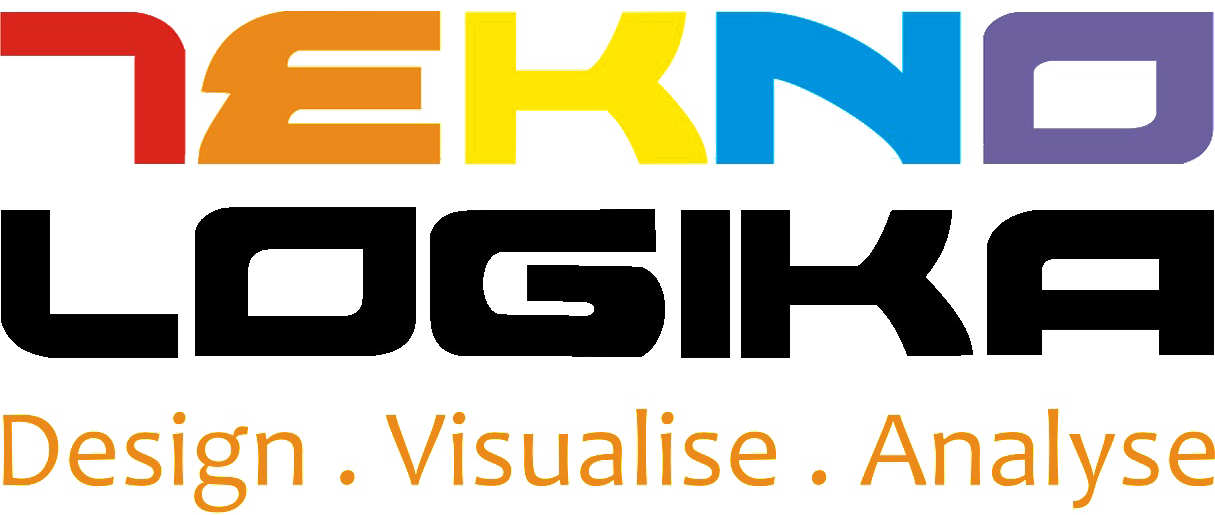Dr Adam Hospital
Adam Hospital is a Postdoctoral fellow at the Molecular Modeling and Bioinformatics Unit (MMB) – Institute for Research in Biomedicine in Barcelona (IRB-Barcelona) and Research Software Engineer for the Spanish National Institute of Bioinformatics (INB, ELIXIR-ES). From a computer science background, he jumped to the structural bioinformatics field. While working as a bioinformatician, he obtained his PhD in Biotechnology from the University of Barcelona with his thesis "High Throughput Computational Studies of Macromolecular Structure Flexibility". He has developed a set of public web servers and databases related to macromolecular structure flexibility, including MDWeb, NAFlex and BigNASim. He has been involved in scientific projects at IRB and at the Barcelona Supercomputing Center (BSC), and he is currently leading the workflows team in the BioExcel CoE, where he has worked in the last years in the design and development of the BioExcel Building Blocks library, a software library for interoperable biomolecular simulation workflows, and all its ecosystem, including HPC workflows
Computational biomolecular simulation workflows with BioExcel building blocks
Abstract: Are you interested in computational biomolecular simulation methods such as Molecular Dynamics simulations or Molecular Docking, but scared to make the first step? What if you could start smoothly using interactive, graphical user interfaces like Jupyter Notebooks? What if you could easily build pipelines chaining different programs using a single, interoperable library with a uniform syntax? What if you could then easily export these workflows to HPC supercomputers and launch them in hundreds or even thousands of cores?
In this session we will introduce the BioExcel building blocks, a fully interoperable software library comprising a collection of Python wrappers on top of biomolecular simulation tools such as GROMACS, Ambertools, Openbabel or ACPYPE. The philosophy behind its design, following best practices and FAIR principles for software development makes it easy to find, install, and use, increasing reproducibility and (re)usability. Demonstration workflows implemented in Jupyter notebooks and complex HPC workflows using the library will be presented.
Organised by


Supported by

the European Union through the Enhanced Regional EU-ASEAN Dialogue Instrument (E-READI)
Sponsored by



All Rights Reserved | ASEAN HPC School

